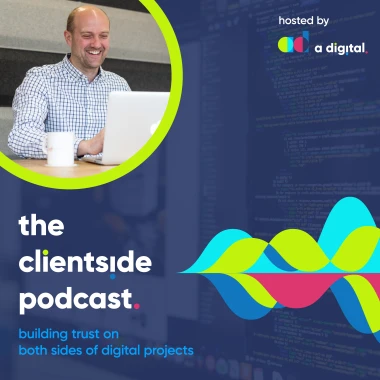
Google's Core Web Vitals Metrics with Arjen Karel
The Clientside Podcast
38 min Arjen Karel
Google's Core Web Vitals are a new set of metrics to measure the performance and usability of your website. While page speed has long been recognised to have an impact on how well your website performs, these new measures from Google are a strong indication that performance will be increasingly likely to impact your search engine rankings.
In this episode, Andrew Armitage speaks to Arjen Karel, a web developer from the Netherlands specialising in website performance and they discuss the expected impact on search engine visibility and why performance is often a design choice that involves an element of compromise.
Listen on your smart device or read the transcript below
You can be slow by mistake, or slow by design. If you make a mistake, that's fixable. Slow by design is a design choice, and that's ok; just make sure you're faster than your competitors! Performance is not the Holy Grail.
Arjen Karel Tweet